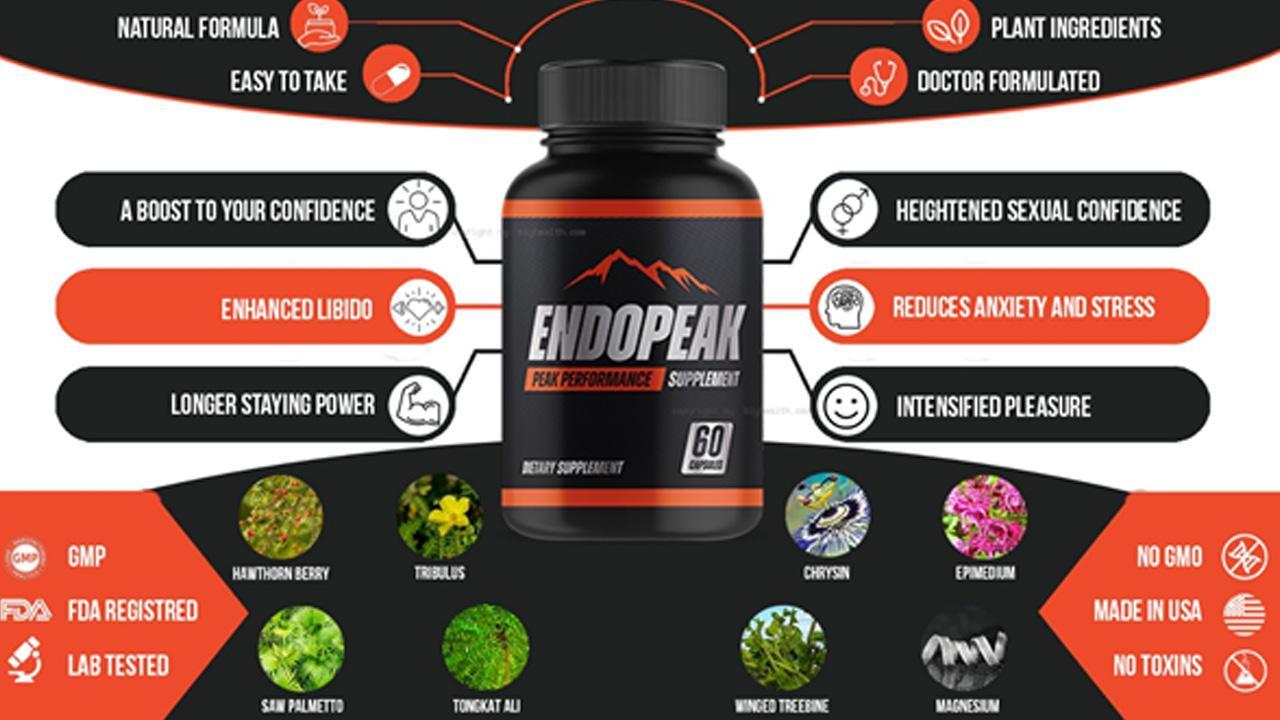
Unlocking the Golden Power: A Comprehensive Review of Turmeric Curcumin Supplements and Their Remarkable Benefits
$59.00
Discover the Incredible Benefits of Turmeric Curcumin Supplements: Anti-inflammatory, Antioxidant, and Joint Support
Description
Turmeric Curcumin Supplements: Potential Benefits and Scientific Evidence
Introduction
Turmeric, a vibrant orange spice derived from the rhizomes of the Curcuma longa plant, has been a culinary and medicinal staple in traditional Eastern medicine for centuries. Its popularity has soared in recent years due to its purported health-promoting properties, primarily attributed to a compound called curcumin. This article delves into the scientific evidence supporting turmeric curcumin supplements and their potential health benefits.
Curcumin: The Active Compound in Turmeric
Curcumin, a lipophilic polyphenol, is the primary bioactive component of turmeric. It exhibits antioxidant, anti-inflammatory, and immunomodulatory properties, making it a promising natural remedy for a wide range of health conditions.
Anti-Inflammatory Properties
Chronic inflammation is a major underlying factor in many diseases, such as arthritis, cardiovascular disease, and cancer. Curcumin has potent anti-inflammatory effects. It inhibits the production of inflammatory cytokines and enzymes, reducing inflammation and protecting tissues from damage.
Studies Supporting Anti-Inflammatory Benefits:
- A study published in the journal "BioMed Research International" found that curcumin significantly reduced inflammation and pain in patients with osteoarthritis.
- A meta-analysis of eight studies concluded that curcumin supplements improved symptoms in patients with rheumatoid arthritis.
Antioxidant Properties
Curcumin’s antioxidant activity protects cells from oxidative damage, a major contributor to aging and disease. It neutralizes free radicals, preventing them from damaging DNA, lipids, and proteins.
Studies Supporting Antioxidant Benefits:
- A study in the journal "Food and Chemical Toxicology" found that curcumin protected liver cells from oxidative damage induced by chemicals.
- A meta-analysis of 49 studies concluded that curcumin supplements significantly improved antioxidant status in humans.
Anti-Cancer Properties
Curcumin has shown promising potential as an anti-cancer agent. It inhibits cancer cell growth, induces apoptosis (programmed cell death), and prevents angiogenesis (formation of new blood vessels that supply tumors).
Studies Supporting Anti-Cancer Benefits:
- A study published in the journal "Cancer Research" found that curcumin inhibited the growth of colon cancer cells by targeting the Wnt signaling pathway.
- A meta-analysis of 20 studies concluded that curcumin supplements reduced the risk of certain types of cancer, including colorectal and lung cancer.
Immunomodulatory Properties
Curcumin modulates the immune system, enhancing its ability to fight infections and maintain balance. It stimulates the production of antibodies and immune cells, while suppressing excessive immune responses.
Studies Supporting Immunomodulatory Benefits:
- A study in the journal "Journal of Agricultural and Food Chemistry" found that curcumin enhanced the immune response to influenza infection in mice.
- A clinical trial of patients with HIV found that curcumin supplements improved immune function and reduced inflammation.
Other Potential Benefits
In addition to the aforementioned benefits, curcumin has shown promise in treating or preventing a range of other conditions, including:
- Cardiovascular disease: Curcumin may improve lipid profiles, reduce blood pressure, and protect against heart disease.
- Neurodegenerative diseases: Curcumin’s antioxidant and anti-inflammatory properties may slow the progression of neurodegenerative diseases like Alzheimer’s and Parkinson’s.
- Metabolic syndrome: Curcumin may help manage blood sugar levels, reduce insulin resistance, and improve metabolic health.
- Digestive problems: Curcumin may alleviate symptoms of gastrointestinal disorders, such as indigestion and irritable bowel syndrome.
Safety and Dosage
Turmeric curcumin supplements are generally considered safe for most individuals. However, some people may experience mild side effects, such as gastrointestinal upset and nausea.
The optimal dosage of curcumin supplements varies depending on the condition being treated. It is advisable to consult a healthcare professional before taking any supplements.
Conclusion
Turmeric curcumin supplements offer a range of potential health benefits, including anti-inflammatory, antioxidant, anti-cancer, and immunomodulatory properties. While further research is needed to fully elucidate its effects, the current scientific evidence suggests that curcumin may be a valuable natural remedy for a variety of health conditions.
When considering turmeric curcumin supplements, it is essential to choose high-quality products from reputable manufacturers. Standardized extracts with standardized levels of curcumin ensure consistent potency and bioavailability. Additionally, it is important to note that curcumin is more readily absorbed when consumed with meals containing black pepper or other piperine-rich foods.



